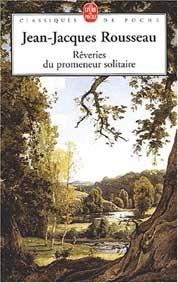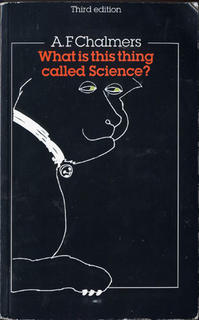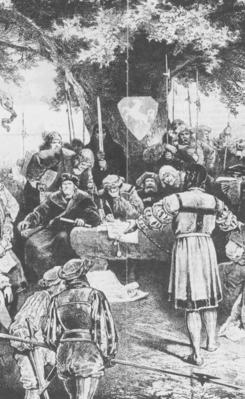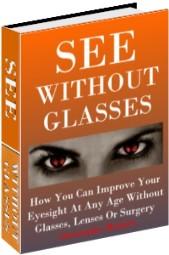keep on dancing

Another Tuesday at the community centre, smiling, assisting and evading. Probably the highlight of an eventful day was ‘tea dancing’, I don’t know why it was called this, in which we danced some formal things like the Gay Gordons to dauntingly upbeat music. I made a fair fist of it, even with the tricky waltz parts. I was roped in as the only male there apart from the teacher. So I was expected to lead. The key, as with most things, is to sweep along confidently, as if you’re quite sure of what you’re doing, so that if you get into a tangle, your partner blames herself – ‘Oh dear, I seem to have two left feet these days, but you really are magnificent.’
There were six, sometimes seven dancers, depending on availability of staff. Three of the five women might be classified as elderly, a word possibly on the verge of being outlawed. I felt their lightness and frailty in my arms. I don’t know how illusory the feeling was. One of my partners, doubtless the oldest of them all, was got up in flaming scarlet, her mouth a brilliant gash. She had to sit down much of the time, the tempo a little brio for her, though she told me she’d been a sprightly dancer in her day, and I believed her.
Afterwards, back at the front desk, in the character of receptionist and computer trouble-shooter, I was approached by her, in farewell. ‘It was a real pleasure,’ she said, almost simpering. 'I just wish I could get into it like the old days. I have arthritis you know. Here – and here. All over. And things can just happen – you know, I was going down the, oh you know, where you take your shopping – the escalator, the escalator, and I just felt something sharp, tugging at me, and I didn’t know what it was, and you know it wasn’t particularly painful or anything, but I just had this feeling, and when I got home, I was bleeding, all down my leg…’ Here eyes glittered and her voice was charged with wonder. I thought it might be a good state in which to pass out of this world, a little stunned, and curious about what you might be suffering.











